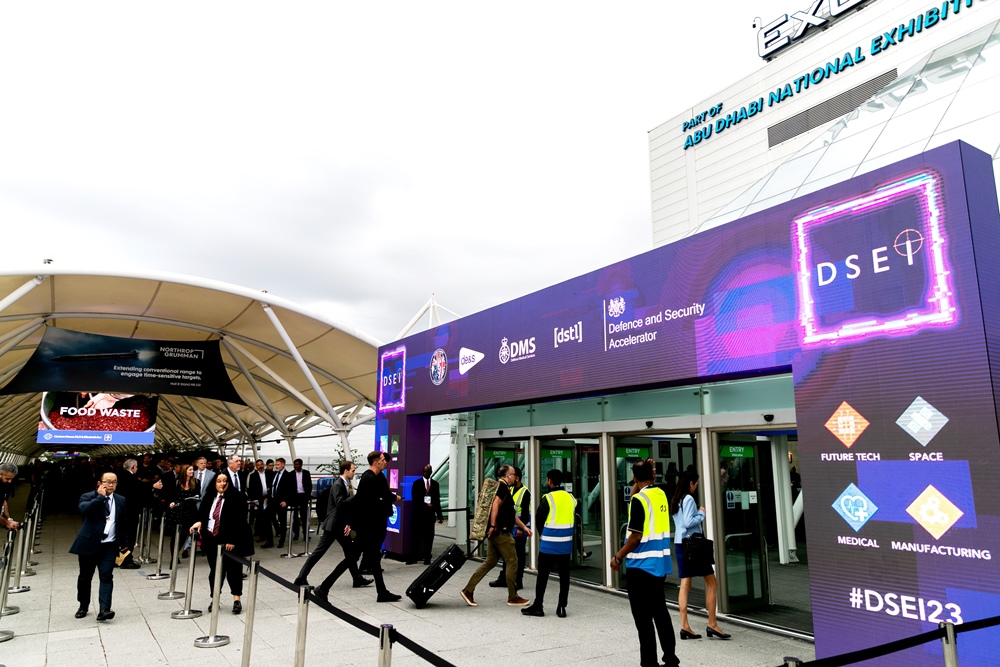Too late to consolidate?
 Consolidation, streamlining, rationalisation or simplification, whichever words you like to use, the reshaping of the aerospace manufacturing industry’s supply chain has been underway for many years now. Is that process, however, finally reaching maturity and completion?
Consolidation, streamlining, rationalisation or simplification, whichever words you like to use, the reshaping of the aerospace manufacturing industry’s supply chain has been underway for many years now. Is that process, however, finally reaching maturity and completion?
The appeal of consolidation is clear. Yes, competition is healthy but when customers are having to source component parts from a multitude of small suppliers, the challenges can soon outweigh the benefits. Large businesses are ordinarily more financially resilient than small suppliers, particularly in the wake of major economic events such as the 2008 global financial crisis. (Certain industries are particularly vulnerable to specific types of crisis.
For obvious reasons, many aerospace companies, large and small, did not survive the repercussions of 9/11.) Small companies cannot achieve the economies of scale secured by larger businesses and therefore cannot compete on price. And the logistical complexities of sourcing from many suppliers, especially internationally, can become very time-consuming for customers.
Yet what if you feel the race has already been run and you are too late to be a part of industry consolidation? Think again, I would suggest. Think creatively. It is undoubtedly true that – in the aerospace components manufacturing industry, for example – the push toward consolidation is not new but I believe the trend will continue for a long time yet.
The ability to make perfect predictions will help your business meet the global manufacturing community’s call for consolidation. Try to imagine exactly what form of consolidated industry your customers will want in five or 10 years’ time and start moving in that direction now. For example, in the early 2000s at Gardner, we tried to predict how the manufacturing industry was likely to evolve. We realised many smaller manufacturers would not survive as customers called for a more streamlined supply chain and so moved to provide a greater range of capabilities (including expanding through acquisitions). If manufacturing is the race I mentioned earlier, try to start a lap ahead of everyone else.
Intelligent acquisitions streamline and strengthen not only the supply chain but, by extension, the entire industry.
Let us look at how an overly aggressive strategy, designed to eliminate the competition, can actually achieve a negative overall effect. If Company 1, for example, provides Products A and B to a customer and then Company 2 enters the market, offering Product B at a much lower price than Company 1, Company 1 can realistically now only offer the customer Product A.
The consequent financial loss proves unsustainable and Company 1 folds. The customer no longer has a supplier of Product A and, whilst the break in the supply chain might only be temporary, the delay might well cause the customer’s own product to be delivered disastrously late, if at all. Not a satisfactory situation.
Even Company 2 has incurred the wrath of the customer for indirectly causing the collapse of the supply chain. However, if Company 2 buys Company 1, both firms can continue to trade (possibly under one name). Also, through synergies and economies of scale, the two companies will in fact now be able to offer Products A and B to the customer at a lower cost than previously. Consolidation through acquisition helps to ensure a financially robust and sustainable industry, to the benefit of every party involved.
Another benefit of consolidation through acquisition is the ability to ensure the highest level of quality control. By sub-contracting elements of a manufacturing project, a company can of course offer benefits to the ultimate customer (acting, for example, as a single point of contact for a wide-ranging brief), plus every good manufacturer will closely and consistently audit the work of sub-contractors. Nonetheless, there is no better way of ensuring the highest level of quality than through your own staff operating your own machinery in your own locations and using standardised processes and practices. When quality cannot be compromised – which is to say, all the time – direct control is invaluable.
A fragmented industry, especially one trying to cope with fragmented supply chains, is an industry facing problems.
Customers are naturally pursuing their own interests in calling for consolidation in the manufacturing industry, hunting for benefits such as lower costs and simplified, faster supply chains. Every supplier must respond to customer demands simply to survive. However intelligent, proactive suppliers will find the many benefits of consolidation are well worth pursuing for themselves too.












